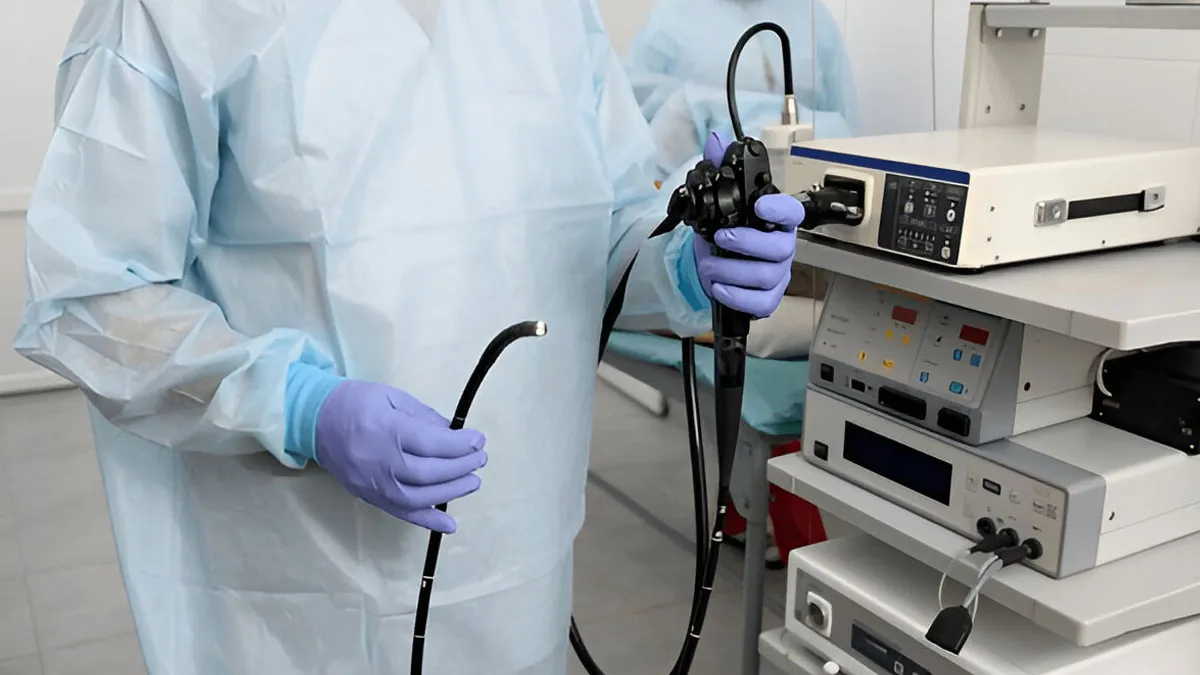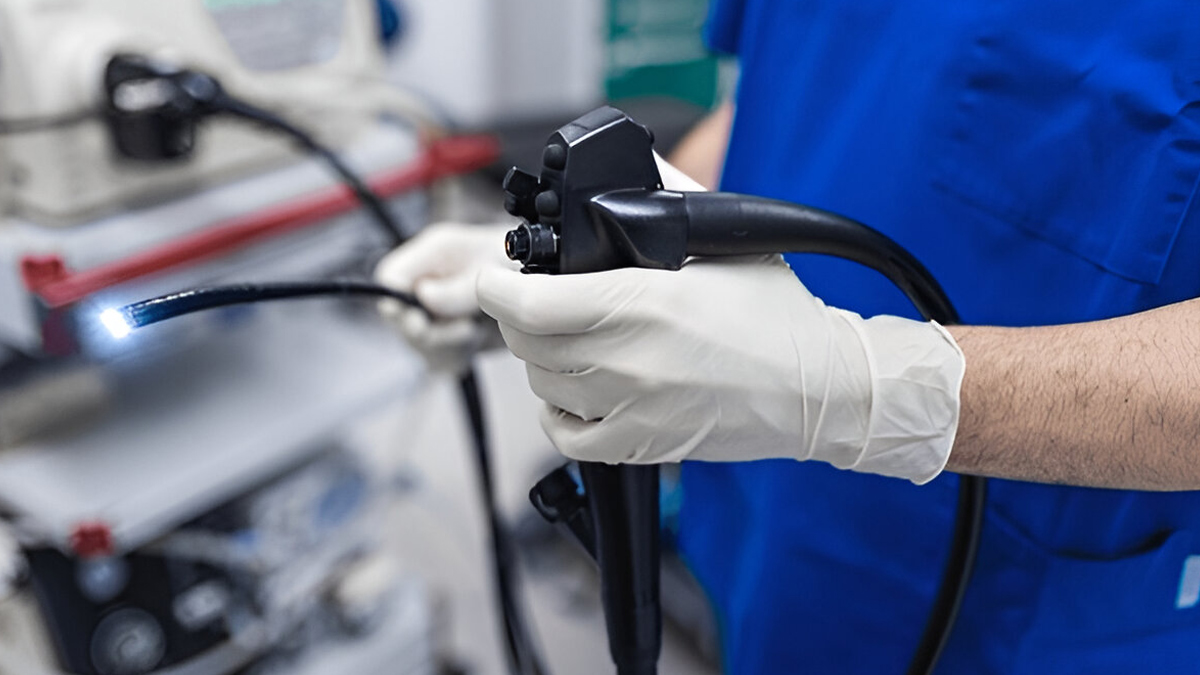
Despite advances in medical care and widespread awareness about cancer screening, colonoscopy remains one of the most misunderstood and avoided procedures. For many, just hearing the word brings discomfort, worry, or embarrassment. The hesitation is often less about the procedure itself and more about the myths that surround it, many of which have no medical basis.
Table of Content:-
As a result, many people delay screening until symptoms appear. In the case of colorectal cancer, that delay can be costly. Because this is one cancer where early detection doesn’t just improve outcomes, it can stop the disease before it even begins.
We spoke to Dr Akash Chaudhary, Clinical Director and Senior Consultant Medical Gastroenterology, CARE Hospitals, Banjara Hills, Hyderabad, who demystified myths and fear about colonoscopy.
The Truth About Colonoscopy

"A colonoscopy is a simple, outpatient procedure that allows doctors to examine the inside of the colon and rectum using a flexible camera. It helps detect early signs of colorectal cancer, inflammation, and polyps, small growths that may turn cancerous over time," said Dr Chaudhary.
What many don’t realise is that colorectal cancer often starts without symptoms. It can be quietly developing for years before showing any signs. Hence, screening plays such a vital role. When a colonoscopy catches a polyp early, it can often be removed on the spot, preventing cancer altogether.
Also Read: Early Screening For Colorectal Cancer: What It Involves And Its Importance For Young People
Myths/Fear and Facts About Colonoscopy
1. It is painful

This is perhaps the most common fear, but the reality is very different. During the procedure, patients are given sedation to help them remain relaxed and pain-free. Most people don’t remember the test at all, and recovery is quick, usually within a few hours.
2. It’s only needed if something’s wrong
By the time symptoms like bleeding, weight loss, or changes in bowel habits appear, the disease may already be in a more advanced stage. Colonoscopy is not meant for when things go wrong; it’s designed to catch issues before complications arise.
3. It Is embarrassing
The nature of the procedure can feel awkward for some, but healthcare teams are trained to maintain dignity and discretion at every step. In reality, for doctors, this is a routine and life-saving investigation, not a source of judgment.
4. It Is Unsafe
Colonoscopy is among the safest diagnostic tools in modern medicine. Serious complications are extremely rare, especially when performed by trained specialists in accredited settings.
Also Read: Colon Cancer Is Preventable: Here’s Why You Need A Colonoscopy
Why Age 45 Matters

Global guidelines now recommend that screening for colorectal cancer begin at age 45, not 50 as once thought, according to the American Cancer Society. This shift is based on rising numbers of early-onset colorectal cancers worldwide, including among individuals with no family history or obvious risk factors.
For those with a personal or family history of colorectal conditions, screening may need to begin even earlier. A consultation with a gastroenterologist can help determine the right starting point.
It’s Not Just About Cancer
Colonoscopy can uncover more than just cancer or polyps. It can also help identify causes of chronic diarrhoea, unexplained anaemia, or abdominal pain. Dr Chaudhary explained, "Inflammatory bowel conditions, such as Crohn’s disease or ulcerative colitis are often diagnosed through this test, allowing for early treatment and better long-term management."
Ignoring gut health, especially after 45, is no longer a risk worth taking. When problems are caught early, treatment is less invasive, less expensive, and more likely to succeed.
Shifting the Conversation
Shifting public attitudes toward colonoscopy starts with how we talk about it. Instead of framing it as something to fear or avoid, we should view it as a powerful tool that empowers individuals to take control of their health.
More public education, community-led awareness drives, and conversations with primary care doctors can help normalise preventive screenings. When people understand not just the ’how’ but the ‘why,’ fear tends to shrink, and action becomes more likely.
A Simple Step That Can Change the Future
Dr Chaudhary concluded, "Colorectal cancer is one of the few cancers that can often be prevented, if caught in time. A single screening colonoscopy has the potential to detect and remove pre-cancerous growths before they become life-threatening. The impact of that is not just clinical, it’s personal."
This test is not about reacting to illness. It’s about stepping ahead of it. The sooner the myths are set aside, the sooner more people can make that choice, and protect their health in a way that truly lasts.
[Disclaimer: This article contains information provided by an expert and is for informational purposes only. Hence, we advise you to consult your professional if you are dealing with any health issue to avoid complications.]
Also watch this video
How we keep this article up to date:
We work with experts and keep a close eye on the latest in health and wellness. Whenever there is a new research or helpful information, we update our articles with accurate and useful advice.
Current Version